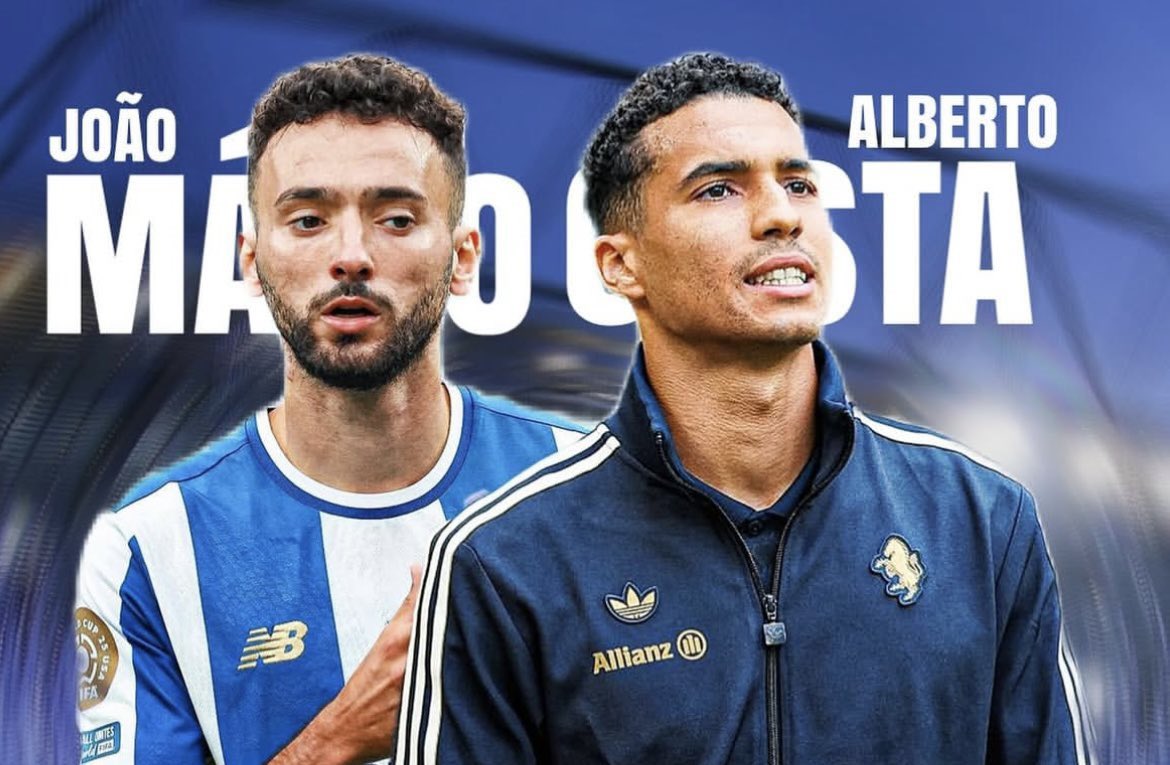In the intricate ballet of European football transfers, where every movement is meticulously choreographed and every euro accounted for, two prominent clubs, Italy`s Juventus and Portugal`s FC Porto, have recently concluded a pair of noteworthy transactions. While the casual observer might perceive a direct exchange, the reality is a fascinating study in strategic financial maneuvering: the arrival of Joao Mario to Turin and the simultaneous departure of Alberto Costa to Porto are, in fact, distinct and parallel operations, each serving a calculated purpose within their respective club`s grander design.
Alberto Costa`s Departure: A Financial Play for Juventus
Juventus, a club renowned for its methodical approach to squad building, albeit one frequently punctuated by a keen eye on the balance sheet, has confirmed the sale of winger Alberto Costa to FC Porto. This move, fetching a reported 16 million euros, is more than just a player transfer; it is a calculated financial maneuver designed to generate a “minimal capital gain.” In the world of modern football, where Financial Fair Play regulations loom large and transfer markets fluctuate wildly, securing even a modest profit on a player sale can be a vital component of a club`s fiscal health. Juventus`s apparent “yielding to the idea” of placing Costa on the market suggests a pragmatic decision, prioritizing financial fluidity alongside sporting ambition.
For FC Porto, acquiring Costa represents a strategic reinforcement. Known for their ability to nurture talent and integrate new players effectively, Porto will look to provide Costa with the platform to flourish, potentially unlocking the full value of their 16 million euro investment. It`s a testament to the interconnectedness of the European football ecosystem, where one club`s pragmatic sale becomes another`s promising acquisition.
Joao Mario`s Arrival: New Blood for Juventus`s Flanks
Concurrently, Juventus is welcoming Joao Mario, a promising talent from FC Porto, into their ranks. The 2000-born winger is already in Turin, poised to undergo his medical examinations at the JMedical facility before joining the squad for pre-season preparations. Juventus`s investment of 12 million euros for Mario signals their intent to bolster the wide areas of their squad, providing new tactical options for manager Igor Tudor.
Interestingly, despite Joao Mario being 25 years old – an age typically considered well past the “prospect” phase and firmly into a player`s prime – the club`s strategy suggests he will primarily serve as a “solution within the squad.” The immediate contemplation of pairing him with a “more experienced” player indicates a nuanced assessment of his current readiness for a definitive starting role. This highlights a peculiar aspect of modern football`s age perception: a player in his mid-twenties, with significant top-flight experience, is still viewed as requiring a seasoned veteran alongside him. One might almost infer that the footballing world considers anyone under 30 as still in need of a guiding hand. Such is the ever-escalating standard of expectation, or perhaps, the perpetual quest for “ready-made” solutions in a game that values instant impact above all else.
This pursuit of additional experience is further evidenced by Juventus`s continued monitoring of the market, particularly regarding Atlético Madrid`s Nahuel Molina, suggesting that Joao Mario`s arrival is just one piece of a larger, ongoing puzzle to refine the team`s balance and depth.
The Art of Disconnected Deals: Why Parallel Operations Matter
The Gazzetta.it report explicitly states that these are “not a true exchange” but “two distinct operations.” This distinction is critical. In an actual player swap, the values of the players are often balanced for accounting purposes, sometimes leading to inflated figures that mask the true cash component. By executing two separate transactions, Juventus gains the flexibility to record a clear capital gain from Costa`s sale, improving their financial statements, while independently negotiating the best price for Joao Mario. This sophisticated approach allows clubs to manage their balance sheets more effectively, showcasing revenue from sales independently of new acquisitions, even when the players involved appear to be moving in opposite directions between the same two clubs.
This scenario is a microcosm of the complex financial engineering at play in elite football. Clubs are not merely collecting players; they are managing assets, optimizing portfolios, and navigating a labyrinth of regulations and market demands. The Juventus-Porto deals serve as a masterclass in this calculated dance, where every transfer, whether an incoming reinforcement or an outgoing departure, contributes to a larger, strategic blueprint.

